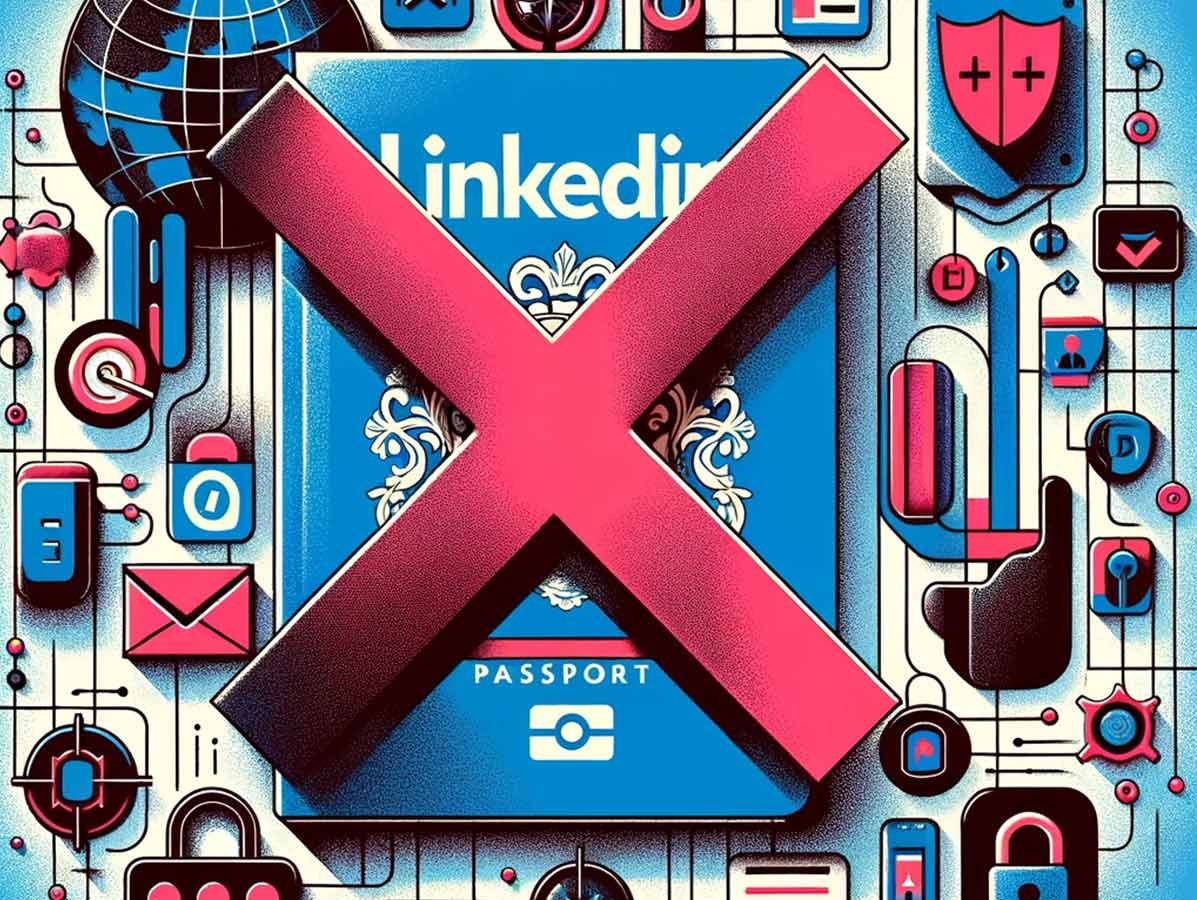
LinkedIn aims to expand its users' reach by rolling out a new identity verification method via Persona. But is increased reach worth your privacy? This initiative comes with quite a few caveats!
Persona, a U.S.-based company known for its app-based identity verification, requires users to upload their passport information for verification. Although LinkedIn receives a limited version of the verification data, Persona retains a full copy, sparking questions about the security of this sensitive information. The company has experienced security incidents in the past and reserves the right to share personal data with third parties, including governments and businesses in countries with less stringent privacy laws than the EU.
The practice of sharing data and Persona's history of hacking incidents highlight the potential risks associated with this verification method. Users should be aware that their information could be shared with entities outside the European Union, where different privacy regulations apply. This discrepancy in privacy protection could lead to complications, considering the EU's strict GDPR legislation that tightly regulates the processing and sharing of personal data.
Before LinkedIn users decide to share their passport information via Persona, it is crucial to weigh the benefits against the risks. The promised increase in reach should be considered alongside the possibility of data breaches and misuse of personal information. Alternatives to increase visibility on LinkedIn include linking to other social media, enhancing your profile with relevant skills, experiences, and references, without compromising your privacy.
LinkedIn Help Center: Identity verification by Persona
National newspapers
Source: ©Vakblad Voedingsindustrie